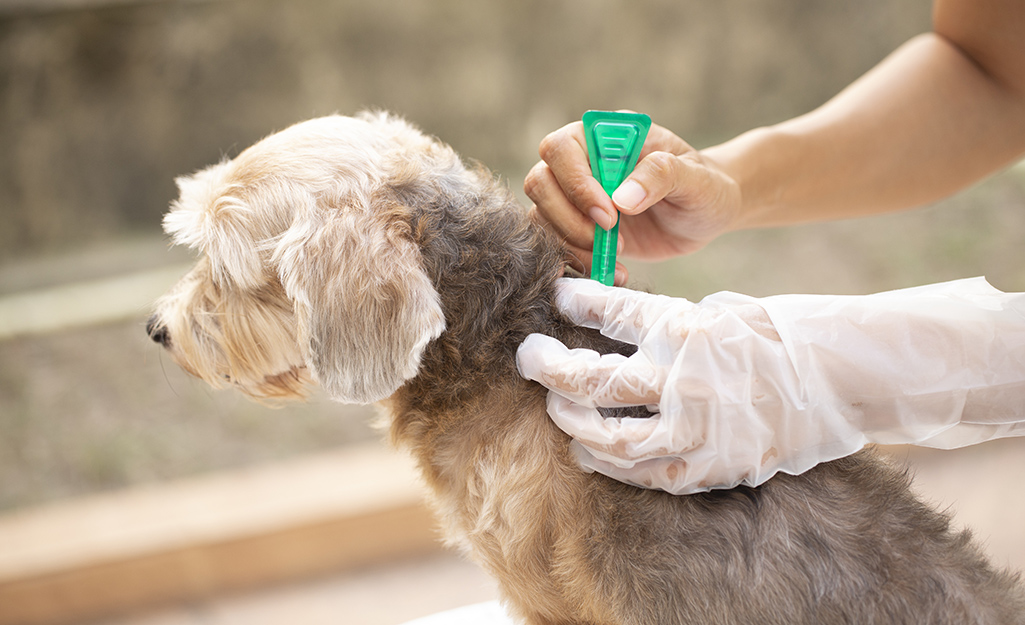Pet owners often worry when their dog’s behavior changes after vaccination, but most canines’ normal behaviors typically return within days. To help your pet recover faster and ensure the best outcome possible, understanding why their behavior changed and understanding what can help your pet recover are both key parts of recovery.
Dog Vaccination and Behavior Change
Vaccines play an essential part in keeping our pets safe by administering weakened or inactivated forms of diseases-causing pathogens into their body, prompting their immune systems to produce antibodies in preparation to combat it if ever exposed in the future. As they’re administered under controlled circumstances by trained veterinarians, there’s typically little risk for adverse reactions.
As vaccination is an unfamiliar substance to your pet’s body, they may experience mild side effects after receiving it such as lethargy, loss of appetite or soreness at the injection site. Sometimes even more drastic reactions such as anxiety or fearfulness might arise after being subjected to this form of stress.
An inflammation at the injection site is another potential reason for changes in behavior after vaccination, particularly with intranasal vaccines such as those for kennel cough or parainfluenza, given directly into your pet’s nose via drops or spray. Swelling can restrict breathing and cause your pup to act irritable, aggressive, or withdraw.
After receiving vaccinations, your pet’s behavior might shift as they try to conserve energy. Because their immune systems need lots of energy to function optimally, your pup might restrict activities like eating and drinking as an attempt to conserve energy.
Your pet may exhibit changes in behavior post vaccination due to an allergy caused by something contained within their vaccine, including egg protein, gelatin or fetal calf serum components which could trigger allergic reactions in some pets. If you suspect your pup has an issue with any component in their vaccines, reach out immediately to your vet to discuss treatment options and get their opinion.
If your dog’s behavior doesn’t return to normal within several days, contact your veterinarian. In some instances, these changes could be related to medication or health conditions unrelated to vaccinations; or your vet may suggest spacing out vaccinations or altering their dosage to decrease any sensitivity issues.
No matter the cause, don’t panic if your pet’s behavior changes following vaccination. Most dogs’ behavior returns to its regular state within days and changes rarely become permanent. Make sure your pup stays hydrated and comfortable until their symptoms subside.










